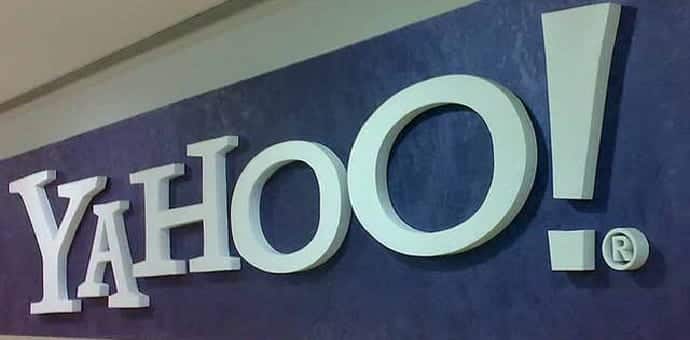Yahoo Faces Class Action Lawsuit For Sending 500,000 Unsolicited Advertising Messages (Spam)
U.S. District Court Judge Manish Shah has ordered Yahoo Inc. to face a class-action lawsuit over the incident that took place back in March 2013, which violated the Telephone Consumer Protection Act. The internet company was accused of sending more than 500,000 spam text messages to Sprint cellphone users welcoming them to Yahoo Messenger, without their permission.
Shah said that due to the number of lawsuits with similar claims, users could sue as a group if they wanted.
Shah rejected Yahoo’s arguments that a class action could subject it to damages that were disproportionate to the alleged harm, promote “piecemeal” litigation covering other time periods and phone carriers, and thwart Congress’ desire that claims be brought individually in small claims court.
The court paper shows that more than 500,000 cellphone users could be part of the class.
Yahoo was accused by the plaintiffs for sending automated welcome messages when other users sent them messages through Yahoo Messenger service.
Many users felt that the welcome messages amounted to unsolicited advertising messages, violating the federal TCPA and subjecting the Sunnyvale, California-based company to damages of up to $1,500 per message if found guilty. Ultimately, this could very well be an expensive lawsuit for the company, if they are fined the maximum amount, and all 500,000 possible cellphone users join in on the class action.
Rachel Johnson, an Illinois resident who brought the initial lawsuit claimed to have received a welcome message from Yahoo after being sent a spam text message from another user advertising a means to decrease high-cost debt.
A similar, strange case was brought to court in 2014 when a user purchased a used T-Mobile smartphone that kept delivering messages meant for another Yahoo user. However, Shah declined to certify a separate class for this case. He said that in that part of the case, the proposed plaintiff had agreed to receive welcome messages.
Yahoo did not respond immediately to requests for comment.
Keith Keogh, a lawyer for Johnson, said: “We appreciate the court’s thorough analysis.”
The case is Johnson et al v. Yahoo Inc, U.S. District Court, Northern District of Illinois, Nos. 14-02028, 14-02753.

